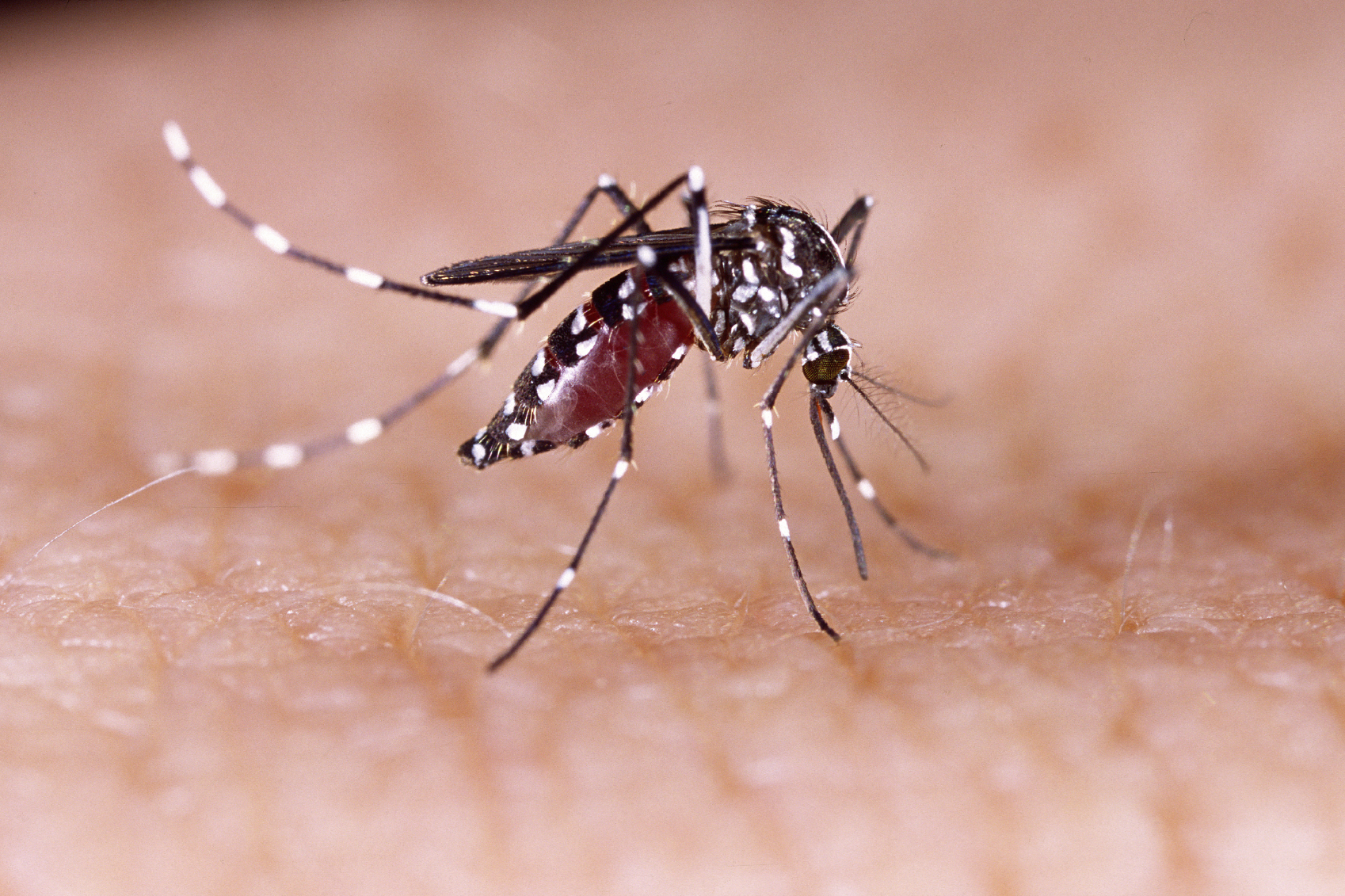FDA approves Roche's Zika blood test

The FDA has approved the first commercial screening test for Zika virus in blood donations.
It approved Roche’s test as part of its efforts to prevent spread of the disease through blood donations in the US.
The newly approved test uses Roche's established cobas 6800/8800 sampling systems, which means Zika infection can be tested for alongside blood and plasma donation screening in the US.
Roche deployed the test in April last year under a special FDA protocol to screen blood donations collected in Puerto Rico.
This enabled blood services in Puerto Rico to be reinstated after concerns over the high rates of infection posed a significant threat to the blood supply.
By the end of last year, the test had been deployed to screen blood supplies throughout the US and Puerto Rico.
The test is a qualitative in vitro nucleic acid screening test for the direct detection of Zika virus RNA in plasma specimens from individual human blood donors.
Roche already markets a range of other screening tests for blood-borne diseases, and the Zika test is used with the cobas 6800/8800 systems, which automatically extract and purify nucleic acids followed by PCR amplification and detection.
Zika is mainly spread by the bite of infected mosquitoes; however, transmission through sexual intercourse and from pregnant mothers to foetuses has also been documented.
A growing body of evidence confirms the links between Zika virus infection and defects in foetuses and newborns, as well as neurological complications in children and adults.
Similar to other viruses in the Flaviviridae family, such as West Nile Virus, it is suspected that infected donor blood used for transfusions could serve as an additional transmission route for Zika virus.
Early this year Abbott’s RealTime ZIKA blood test became the first to receive FDA approval for use in emergency settings.
And last year Takeda won $312 million in US government funding to develop a Zika vaccine, joining a host of other companies and organisations racing to find treatments for the disease.












